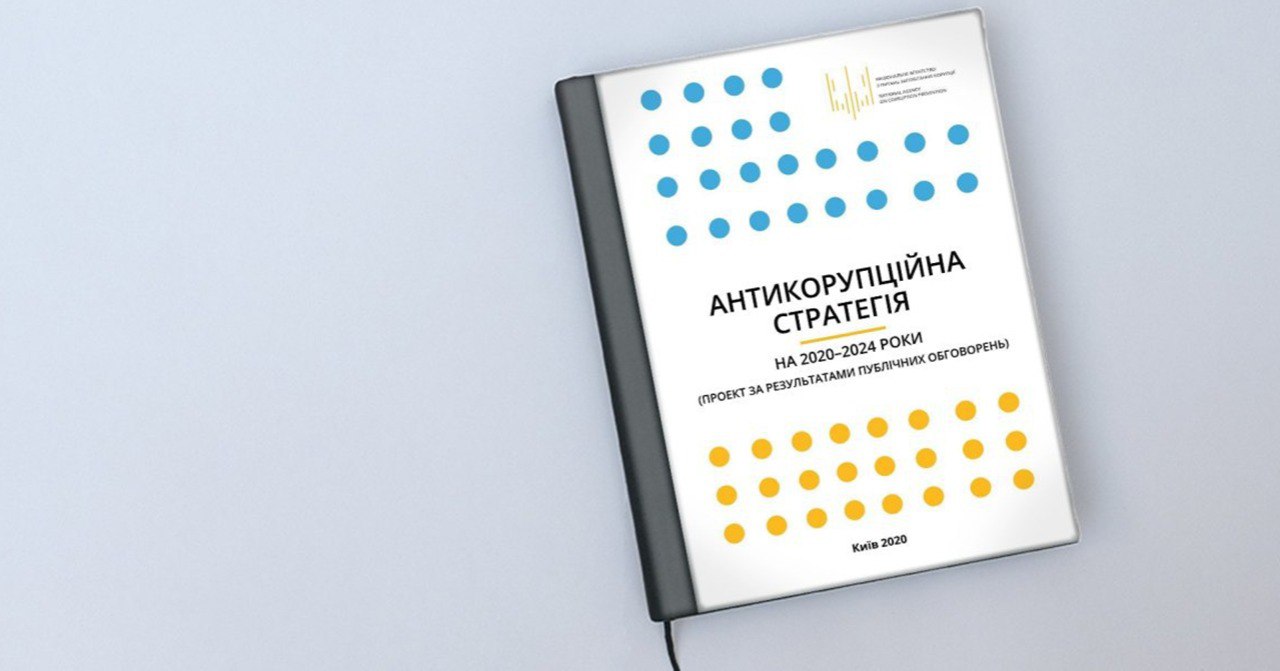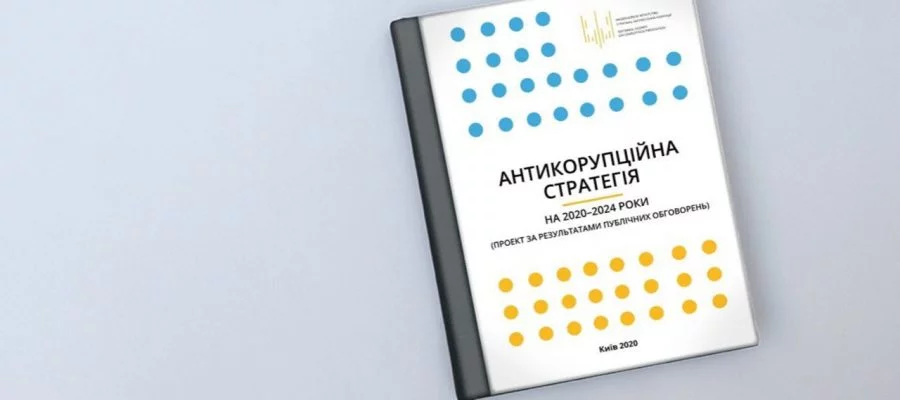The Verkhovna Rada of Ukraine (Ukrainian parliament) adopted in the second reading and in general the Law on the Principles of State Anti-Corruption Policy for 2021–2025 №4135, which approves the Anti-Corruption Strategy for 2021–2025. 310 MP’s voted for this decision.
The law has been elaborated to implement the program of the President of Ukraine by the Government, and local self-government with the participation of civil society, business associations and international partners. The National Agency on Corruption Prevention (NACP) coordinated development of the Strategy in accordance with the UN Convention against Corruption.
 The Verkhovna Rada adopted the Anti-Corruption Strategy for 2021-2025
The Verkhovna Rada adopted the Anti-Corruption Strategy for 2021-2025
«I thank the MP’s of all parliamentary factions for their consolidated position. For the second time in the history of Ukraine, the Anti-Corruption Strategy was adopted. This document is especially important in the context of Ukraine's accession to the EU and the future recovery of the country after the war. Its implementation will ensure the teamwork of all government agencies to build a virtuous government and a fair society, minimize corruption and save up to UAH 200 billion» - noted the Head of the NAСP Oleksandr Novikov.The existence and implementation of the Strategy were the questions of the European Commission's Questionnaire in order to finalise a conclusion on granting Ukraine the status of a candidate for membership in the European Union. The head of the NACP added that the state program for the implementation of the Strategy will clearly define which authority is responsible for the implementation of specific anti-corruption measures. The NACP will also create a special online tool so that citizens can monitor how individual authorities and the state as a whole are implementing the Anti-Corruption Strategy. Why is this important? The anti-corruption strategy is primarily aimed at significantly reducing the level of corruption in the areas Ukrainians consider the most corrupt, namely: customs and taxation; courts and law enforcement agencies; state regulation of economy; construction and land relations; defense sector; health care; social protection. The law also provides for changes to legal documents that will help improving the procedures of anti-corruption bodies, for example, to ensure the inevitability of responsibility for corruption. The law enters into force on the day of its publication. For reference: The Anti-Corruption Strategy has been developed taking into account the interests of all anti-corruption stakeholders. The NACP has held numerous consultations with citizens, and the project has been agreed with 37 authorities. On September 16, 2020, the Government supported the Anti-Corruption Strategy for 2020-2024. On November 5, 2020, the Parliament passed Bill №4135 in the first reading. The law defines five basic principles of anti-corruption policy for 2021-2025: 1. optimization of the functions of the state and local self-government, in particular the elimination of duplication of powers by different bodies; 2. digital transformation of the exercise of powers by public authorities and local governments, transparency and disclosure of data; 3. creation of more convenient and legal ways to meet the needs of individuals and legal entities in contrast to existing corruption practices; 4. ensuring the inevitability of legal liability for corruption and corruption-related offenses; 5. formation of public intolerance to corruption, establishment of a culture of integrity and respect for the rule of law.
 The Verkhovna Rada adopted the Anti-Corruption Strategy for 2021-2025
The Verkhovna Rada adopted the Anti-Corruption Strategy for 2021-2025









